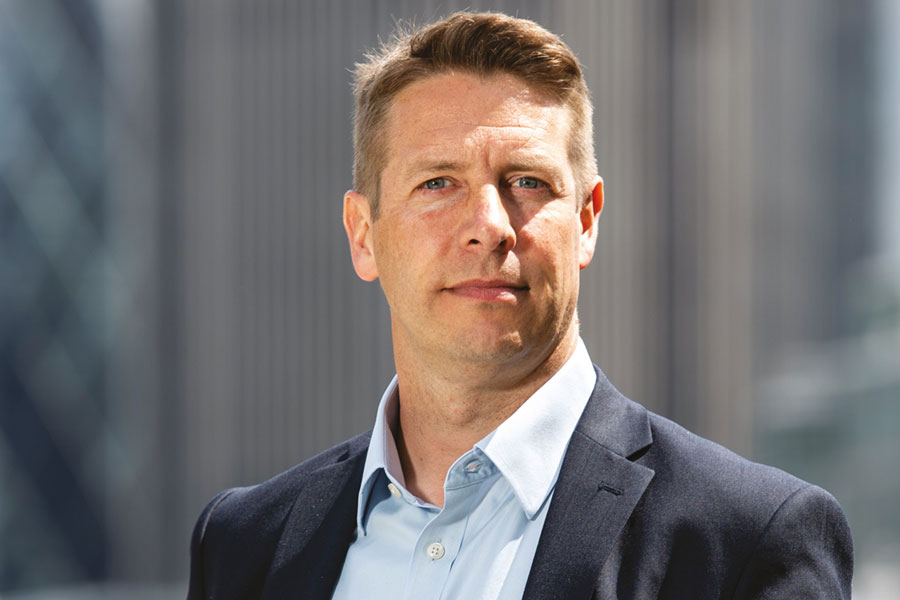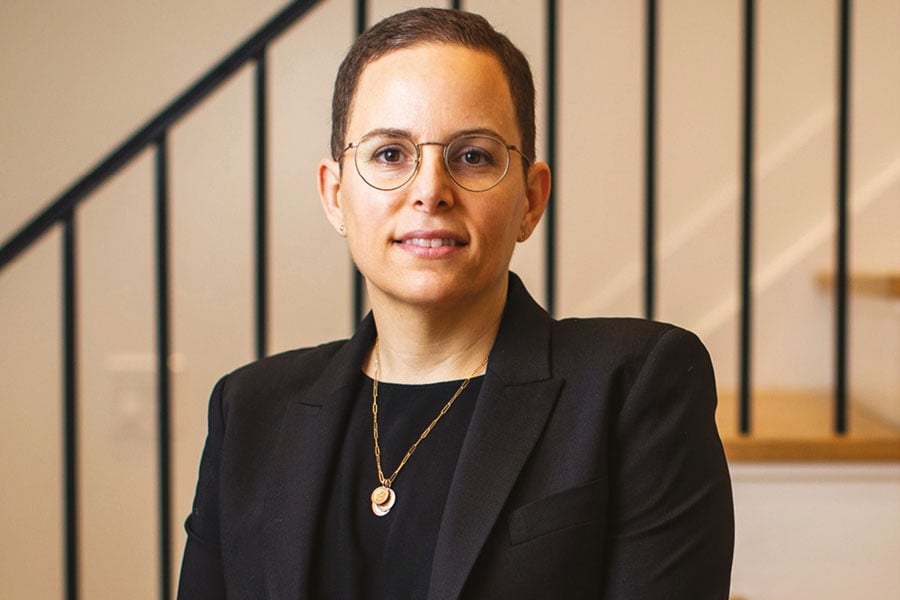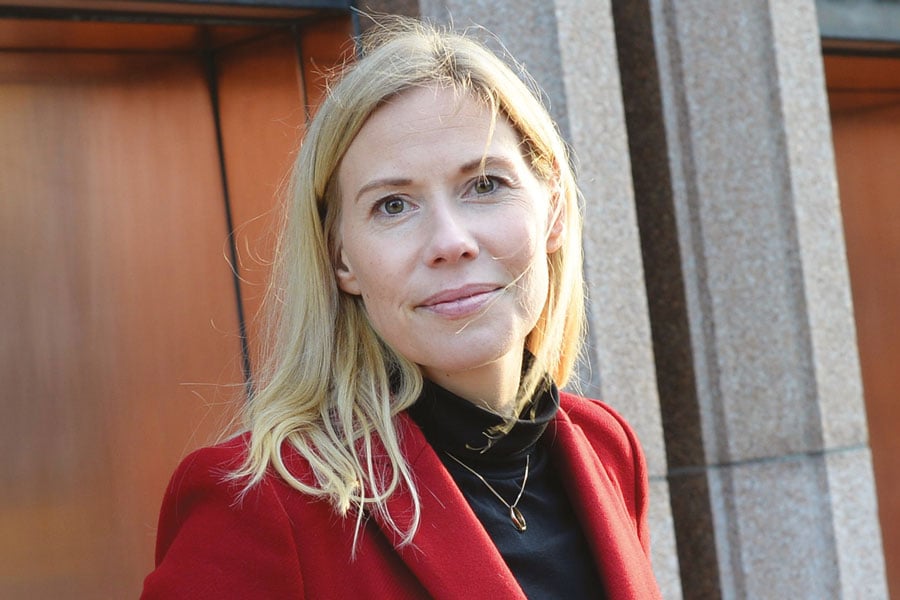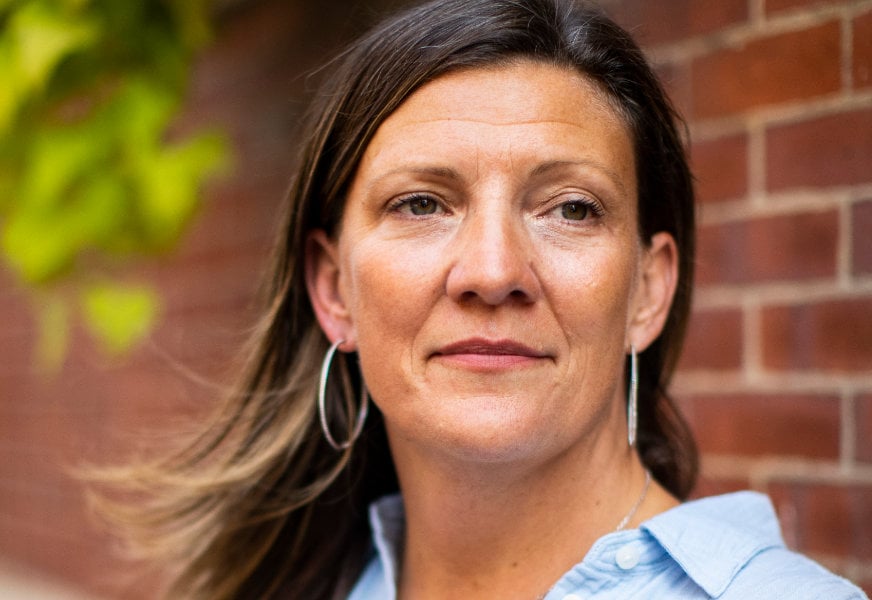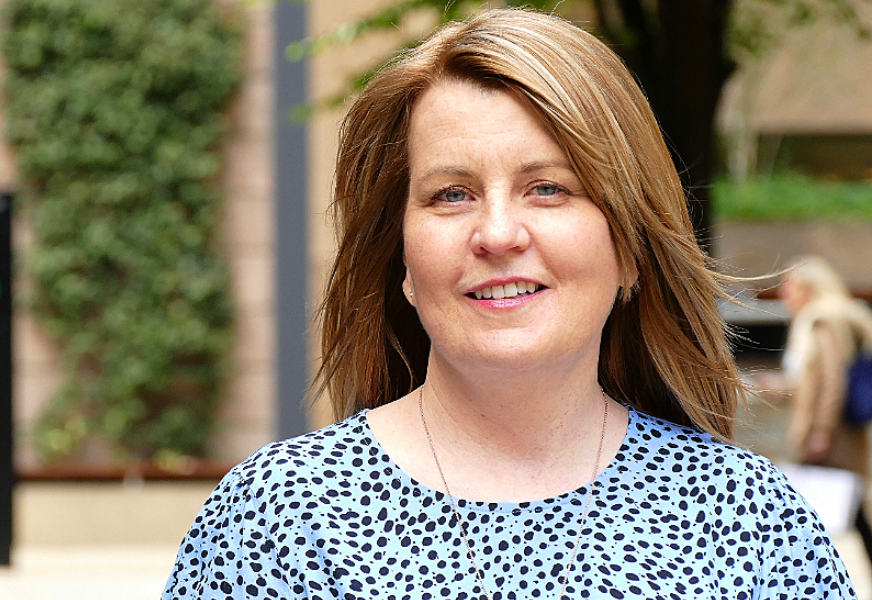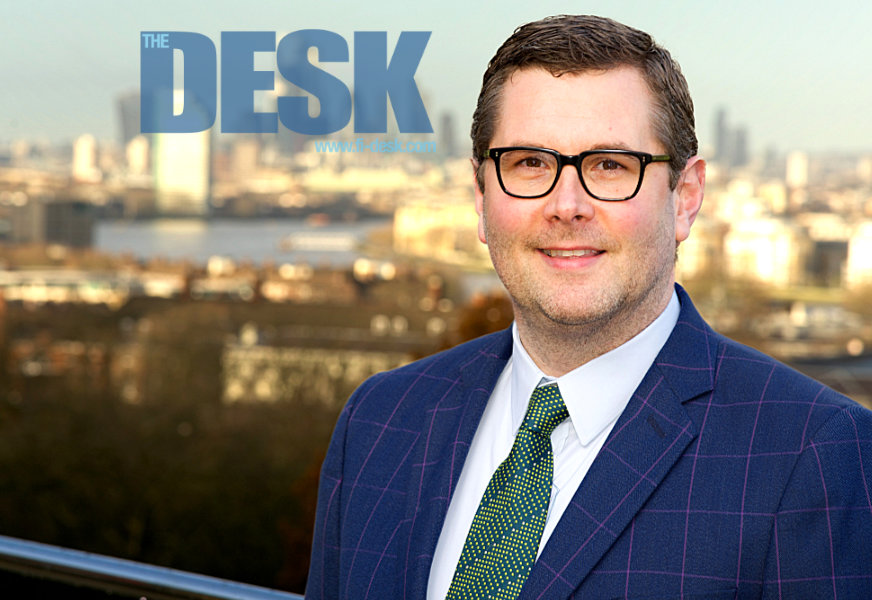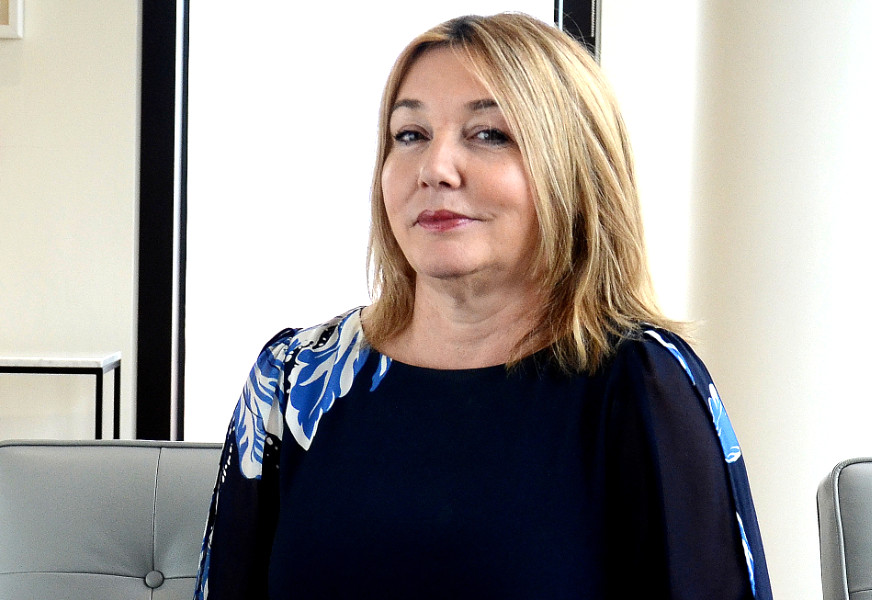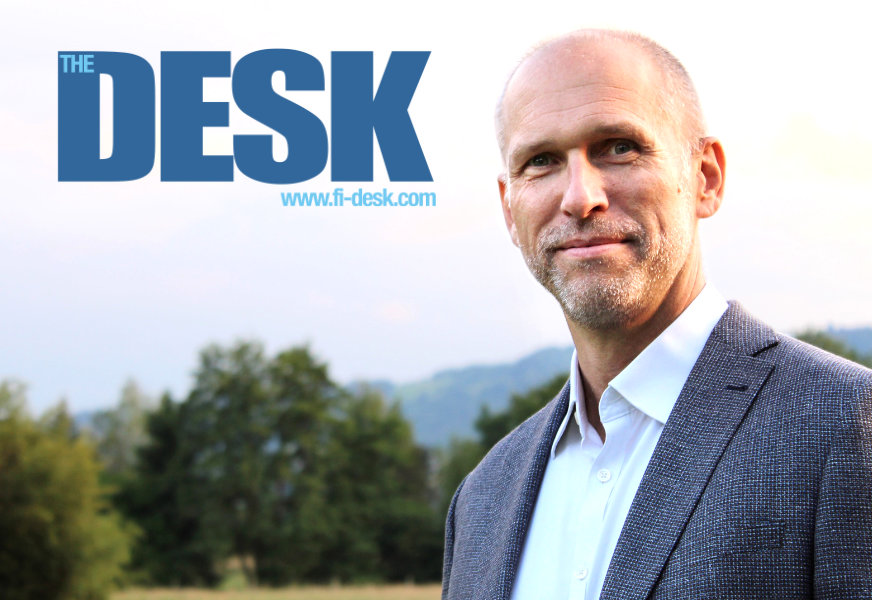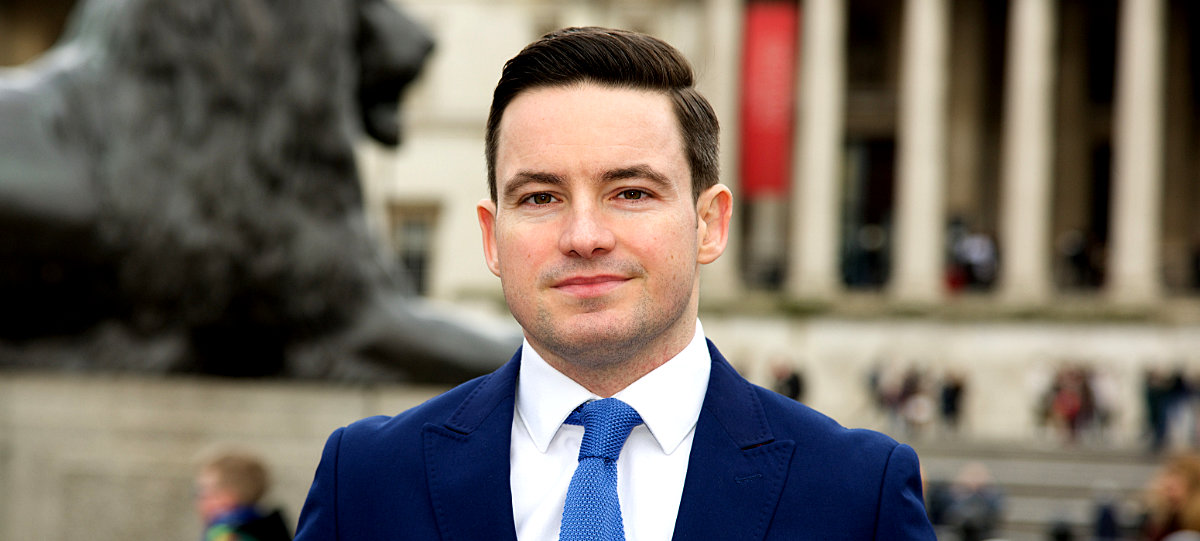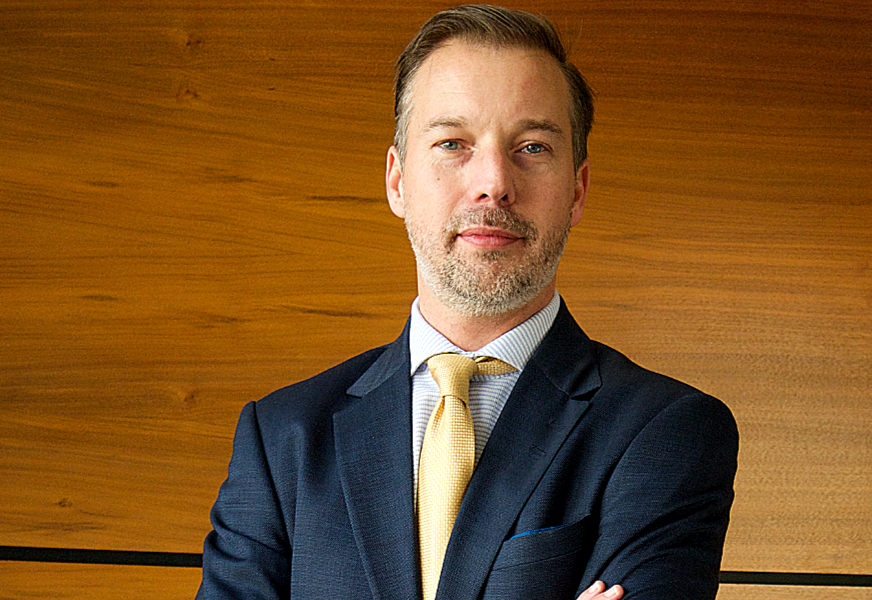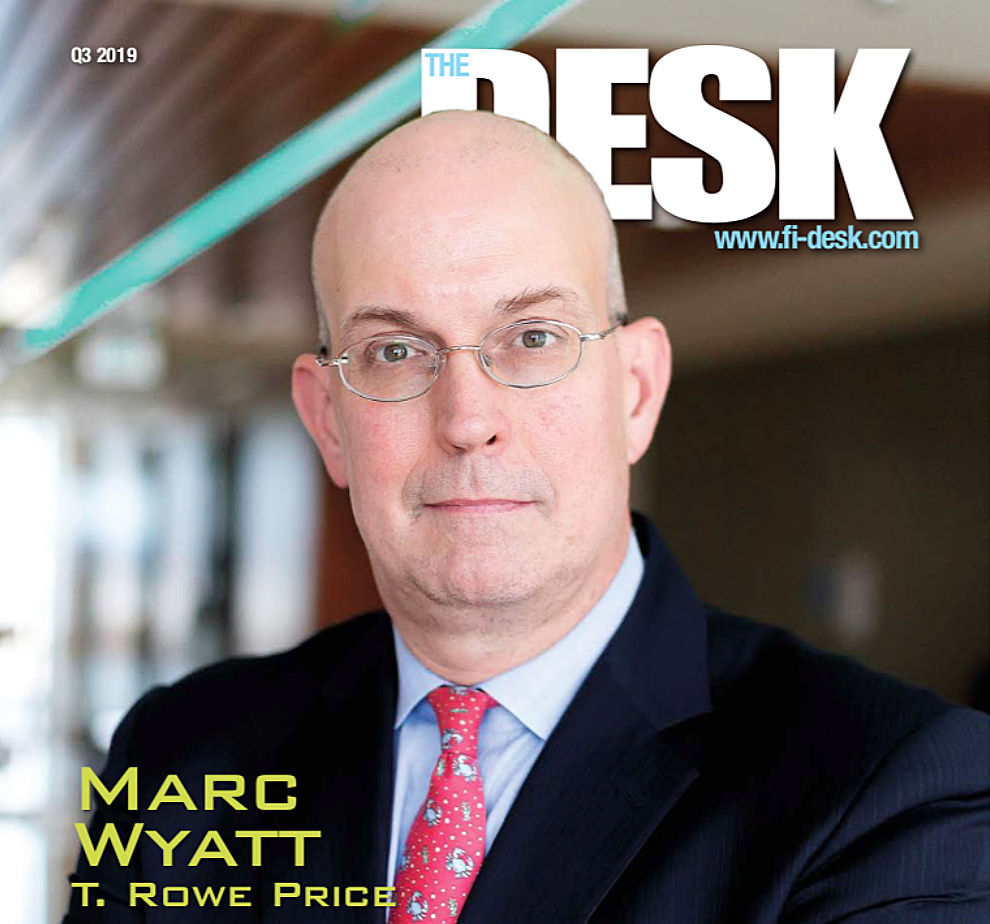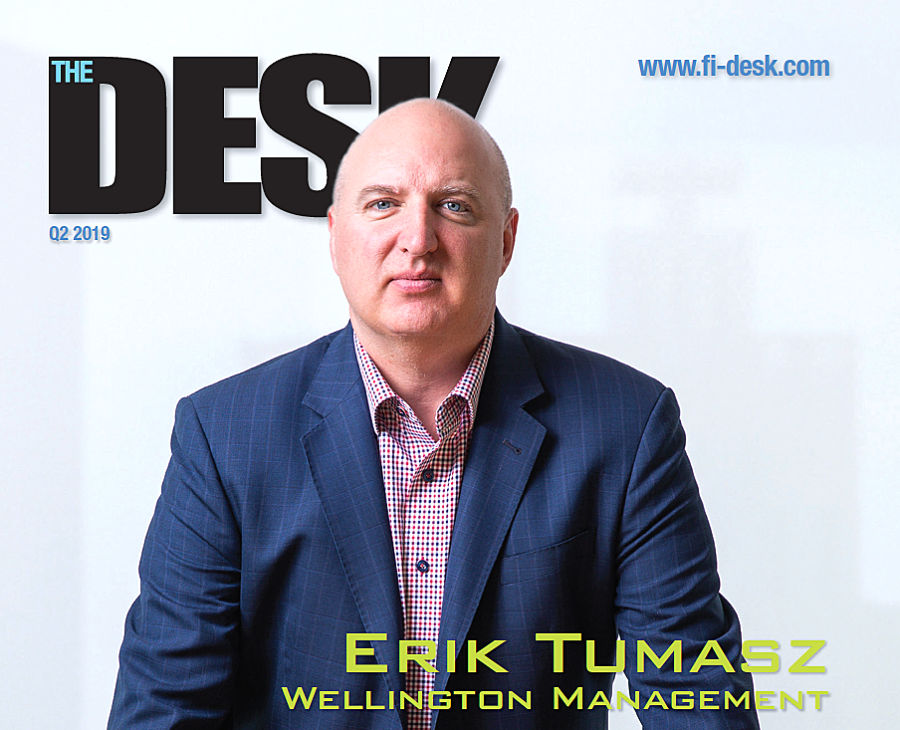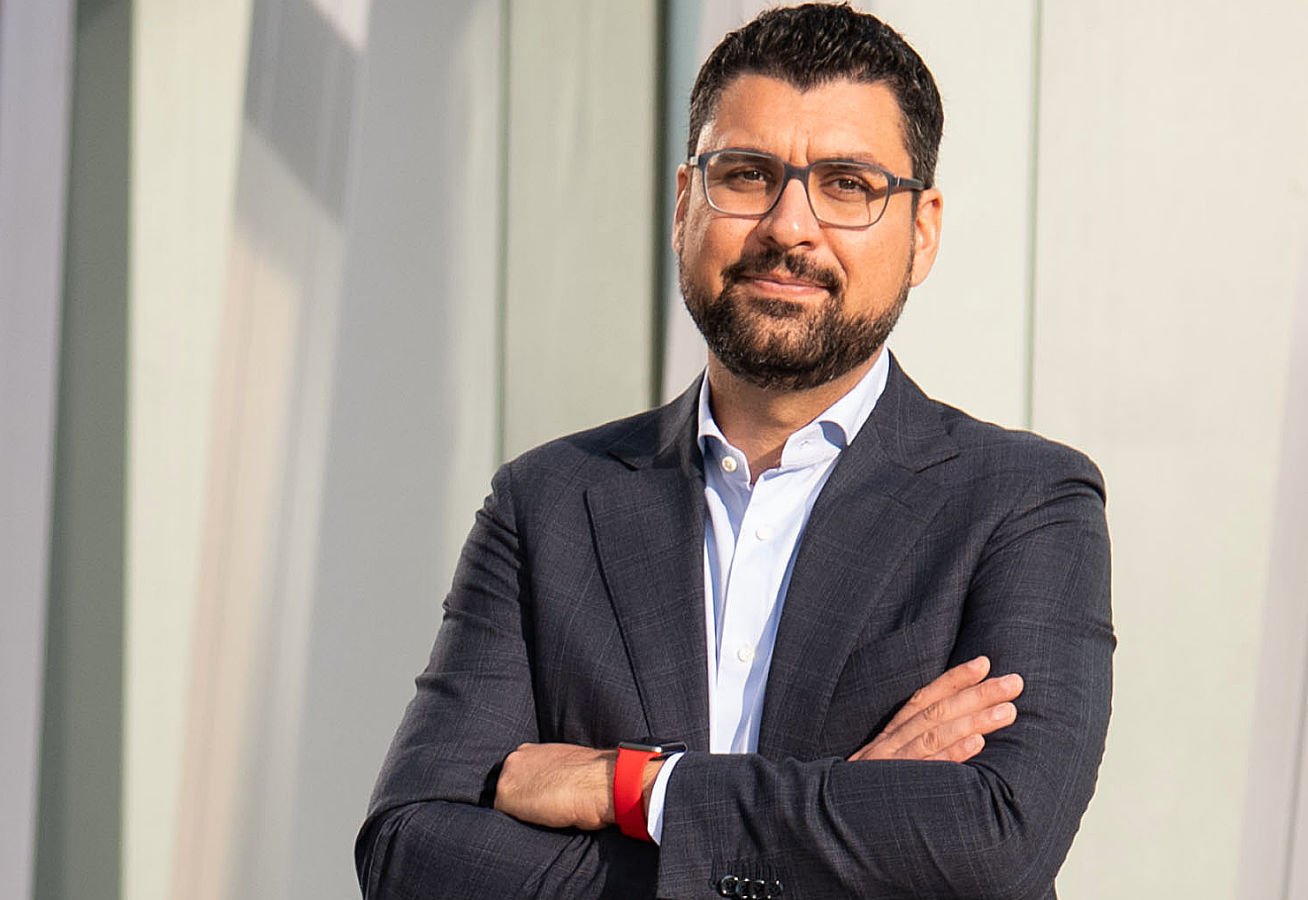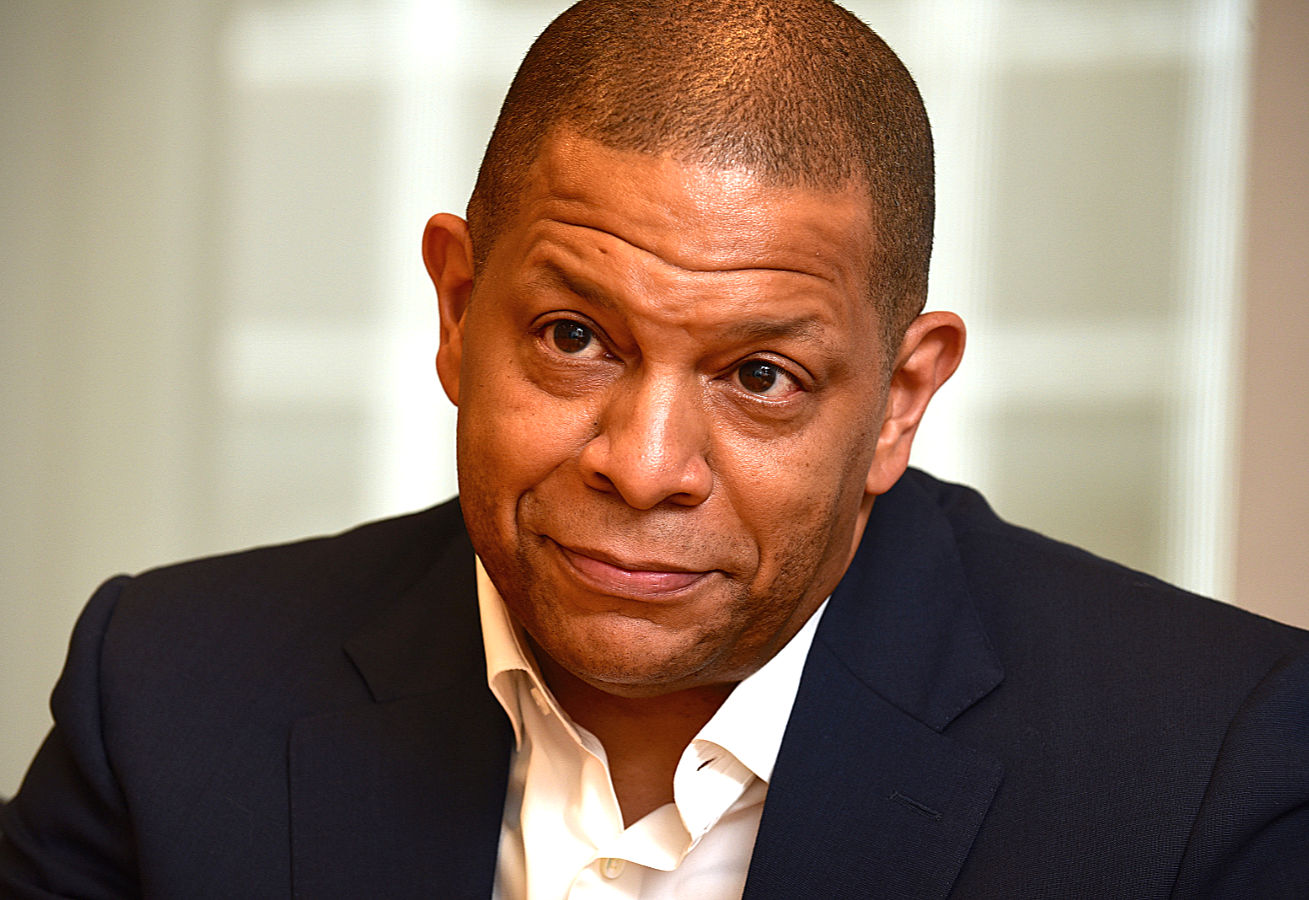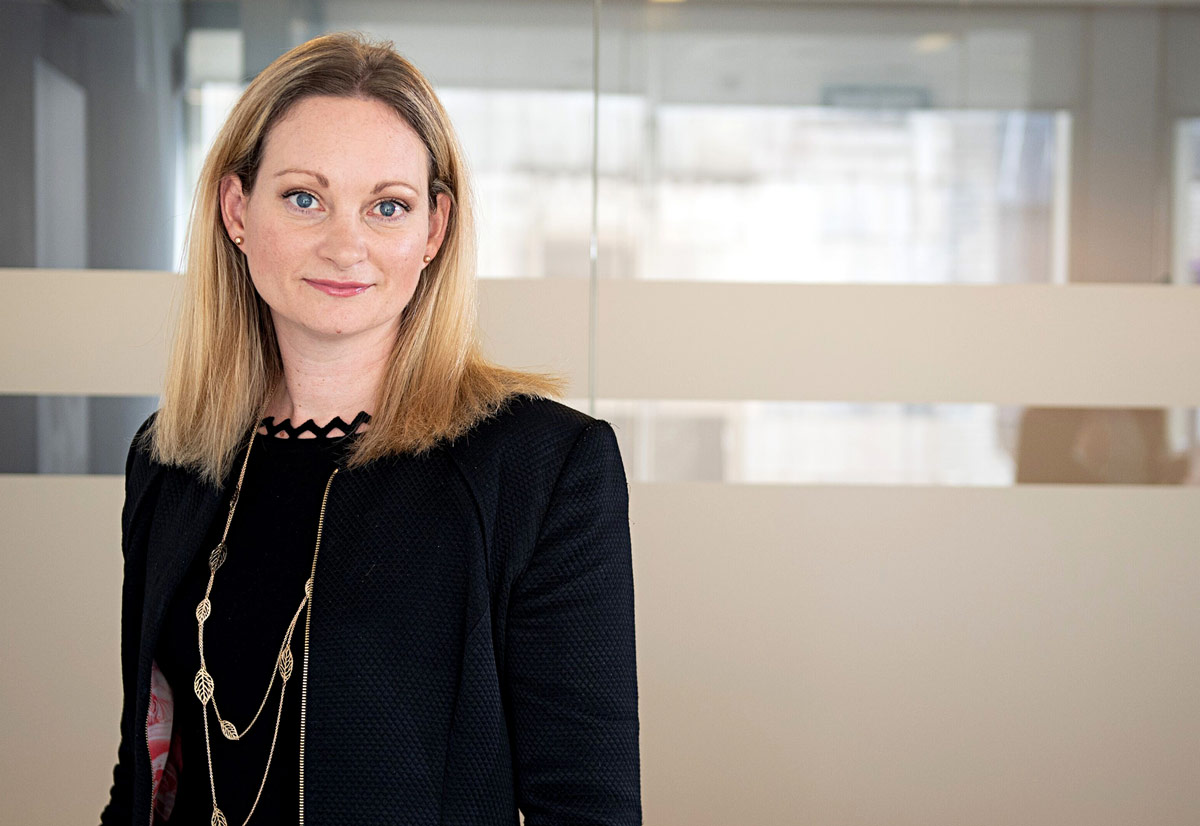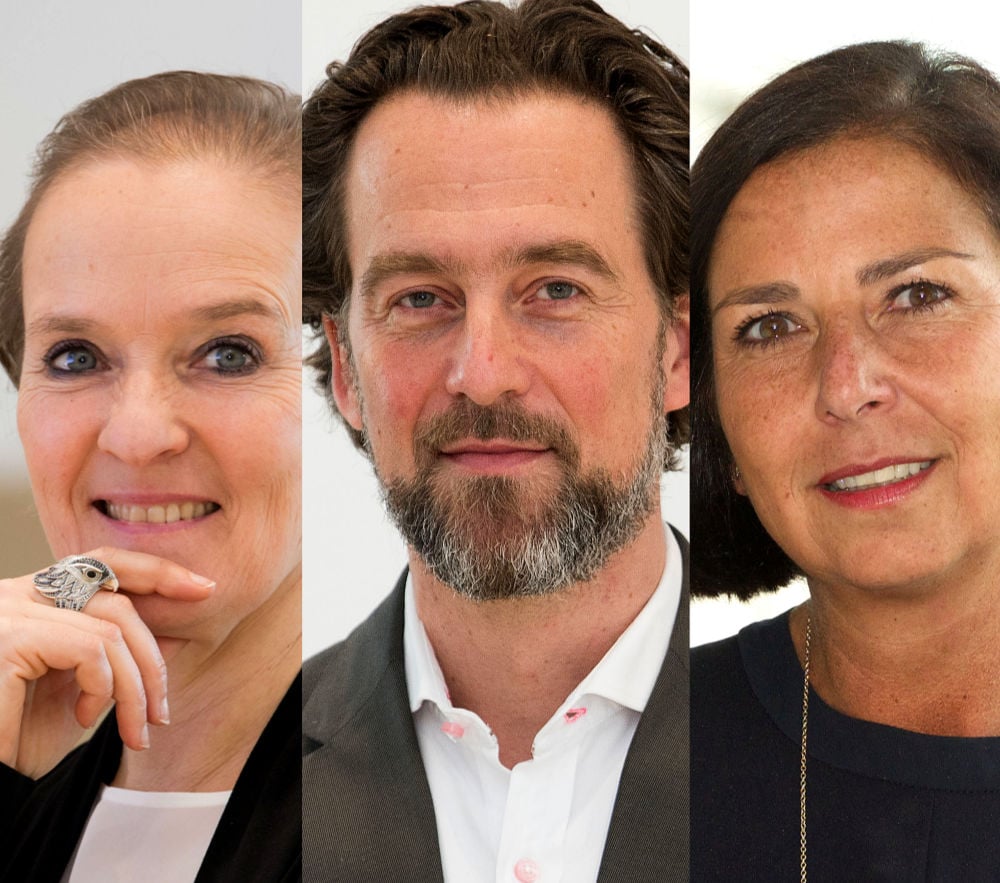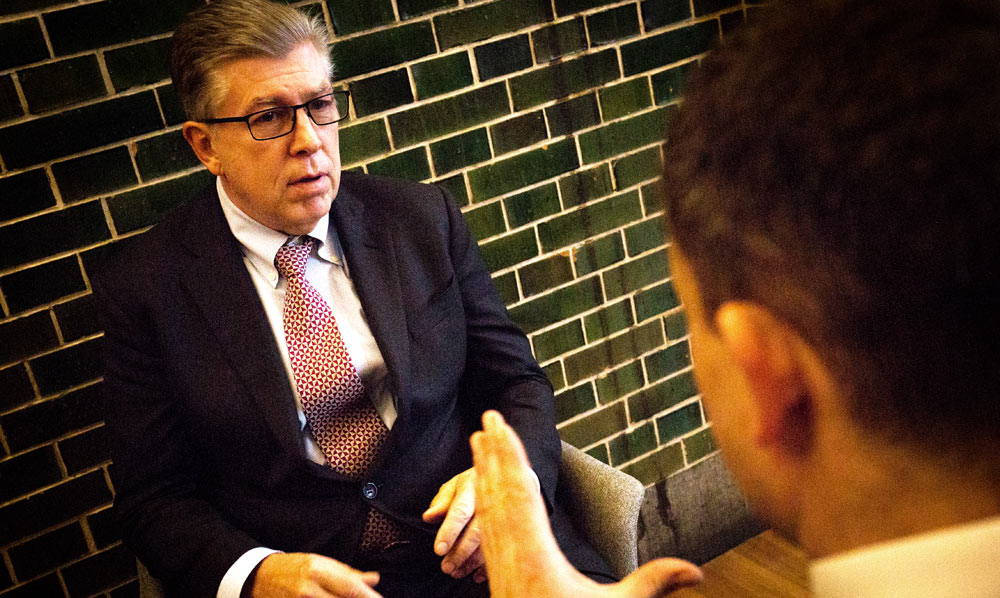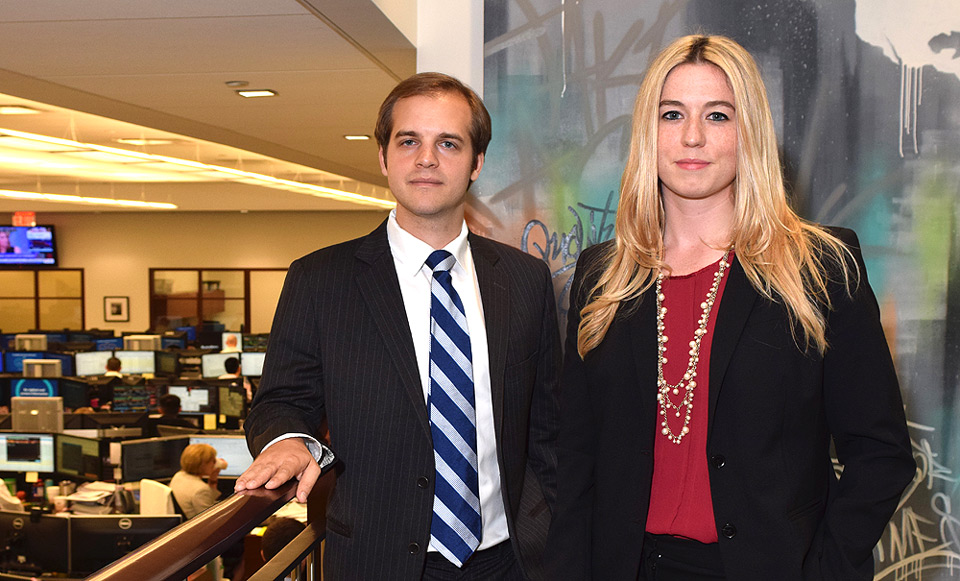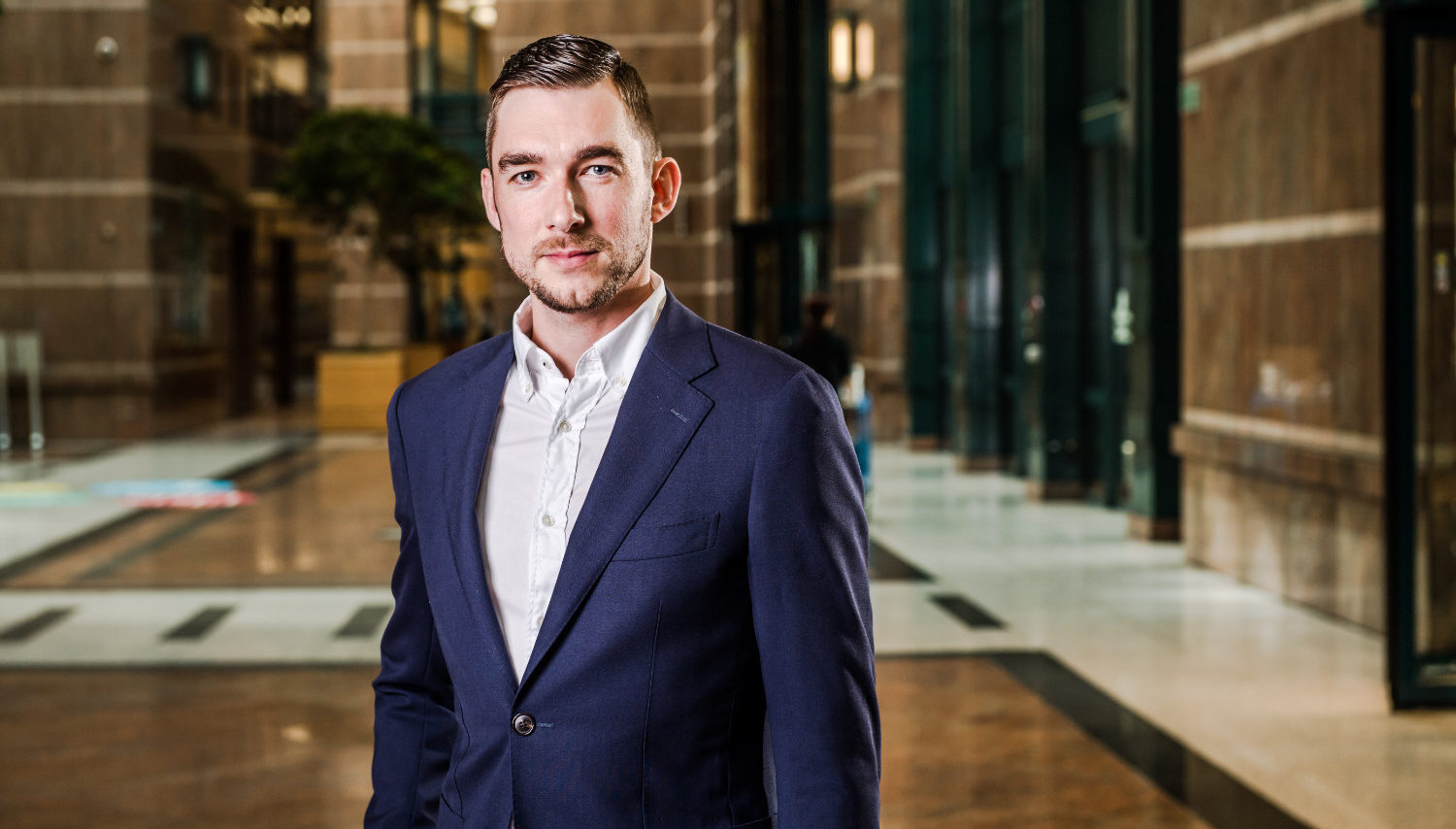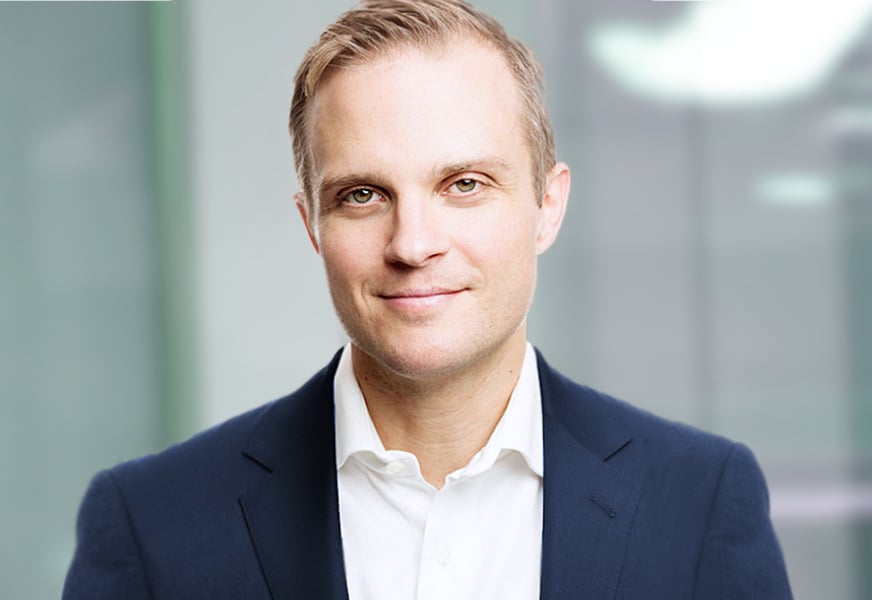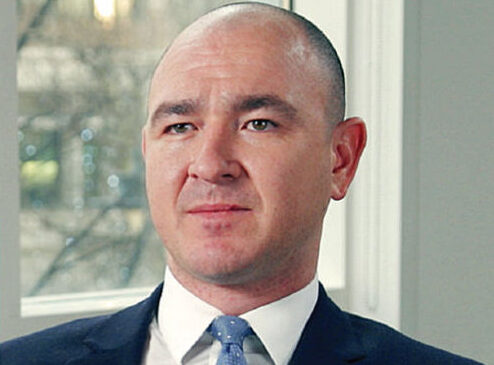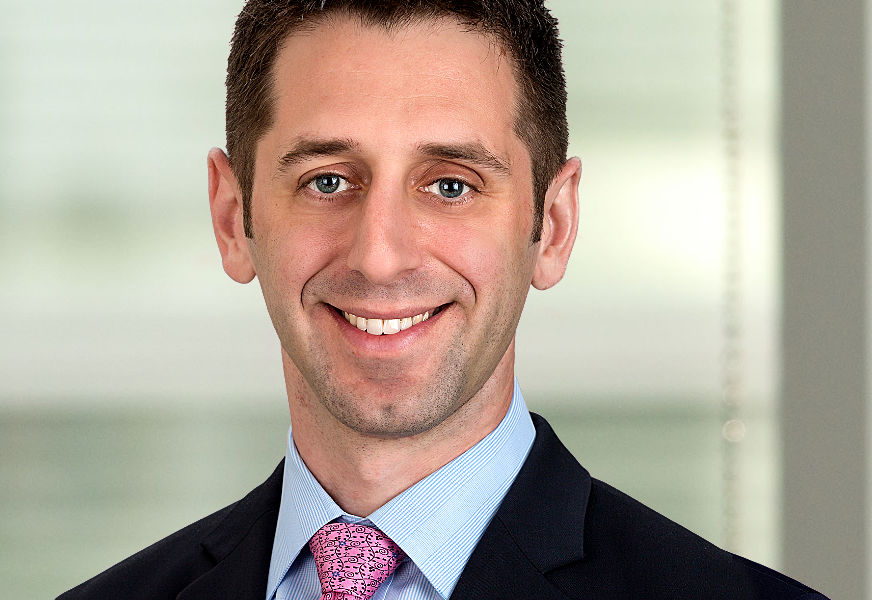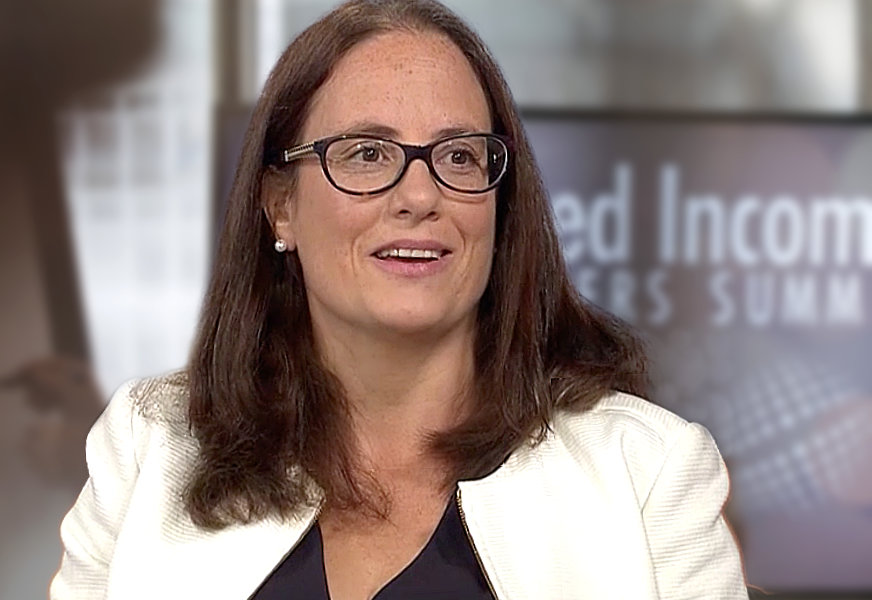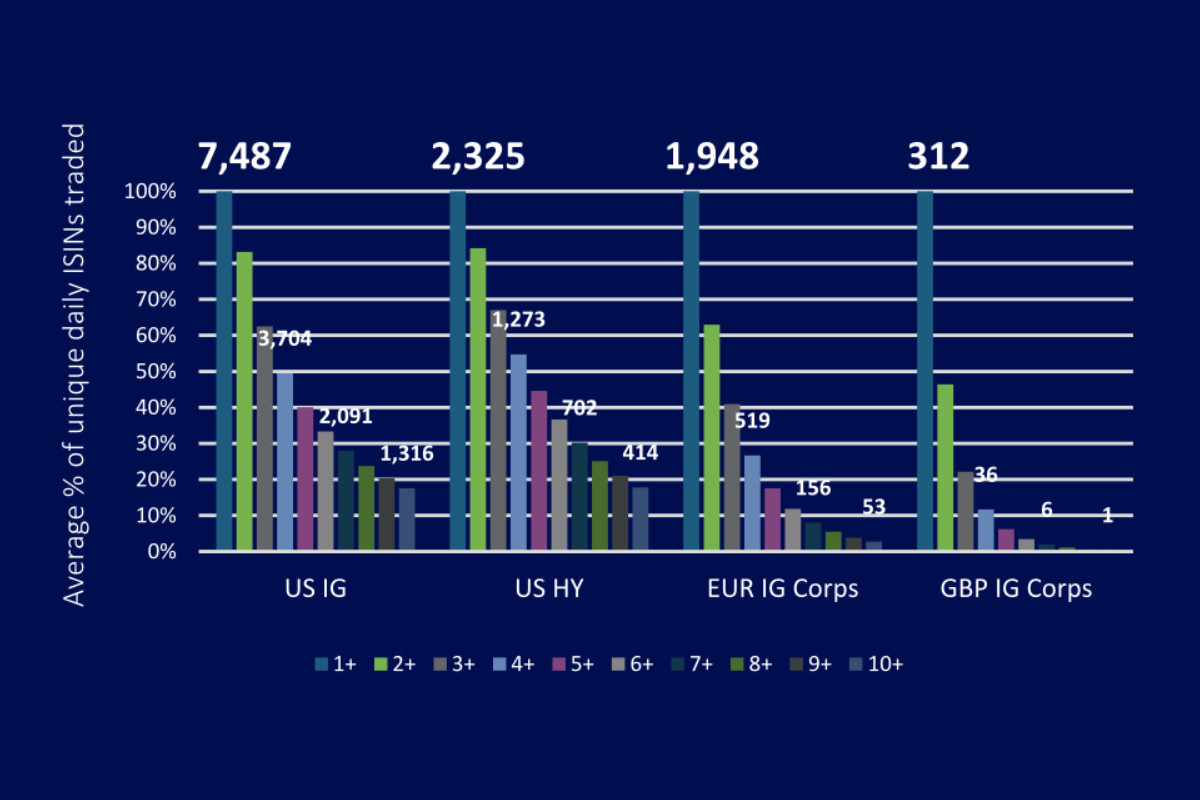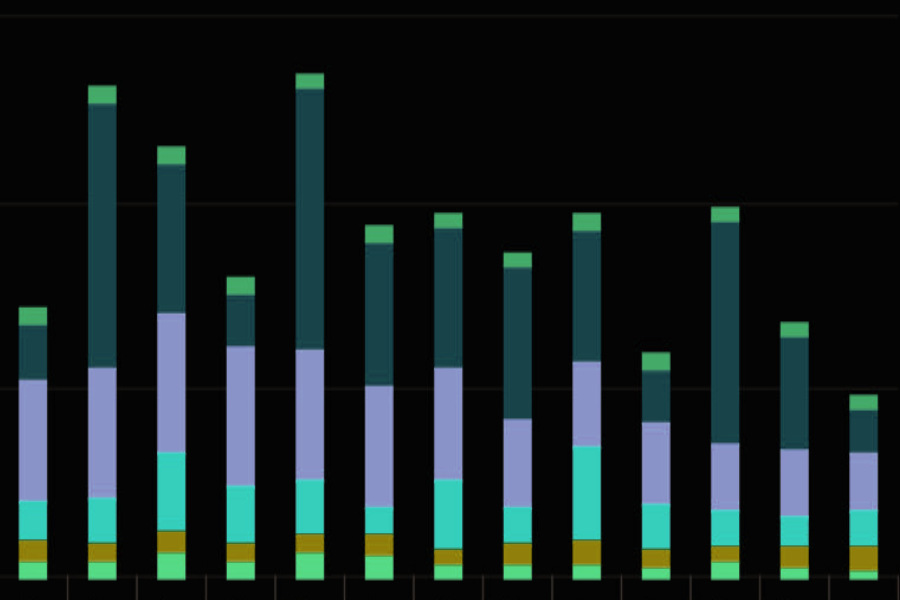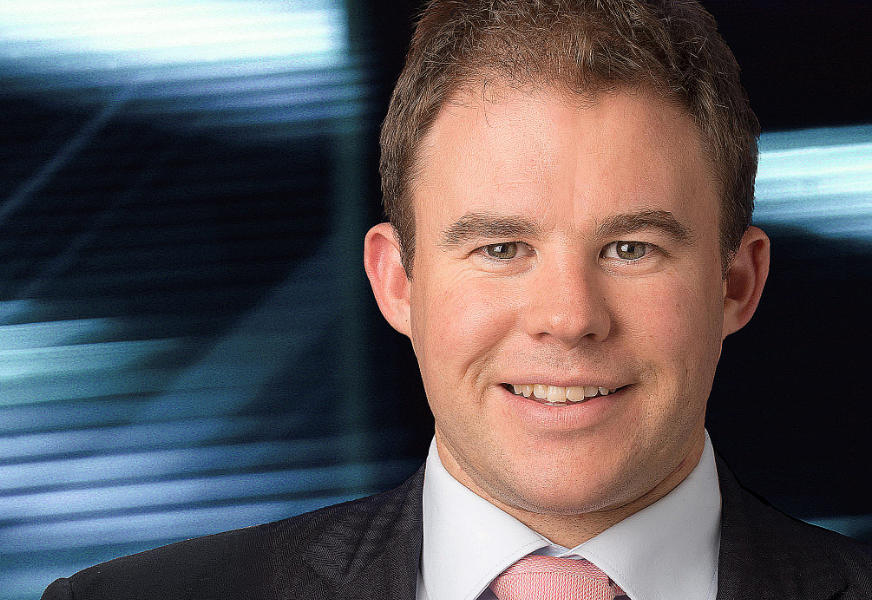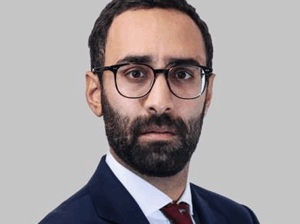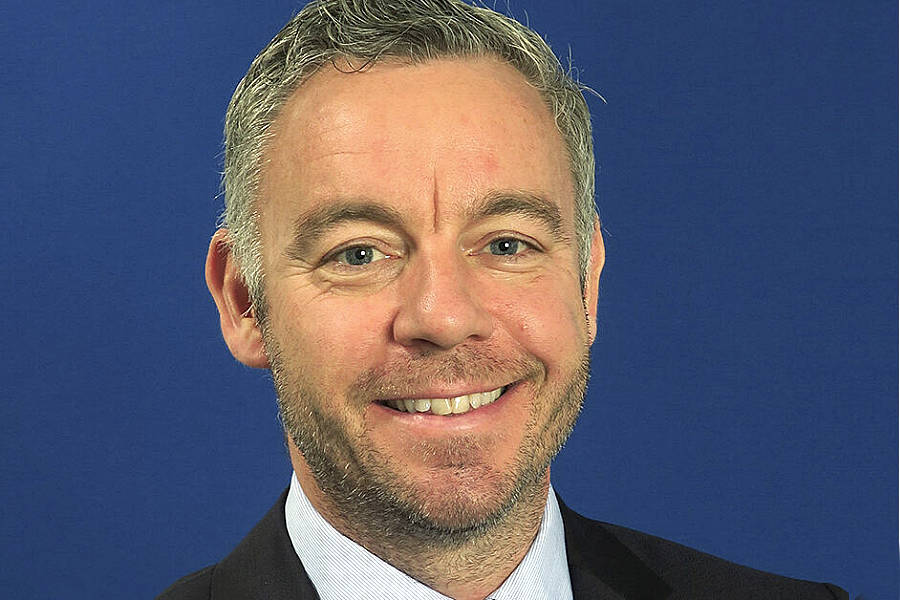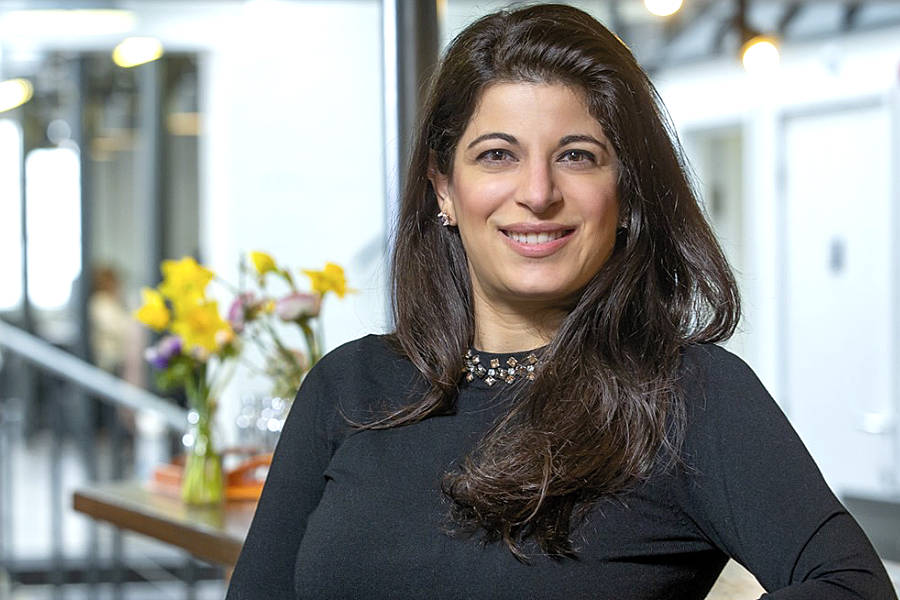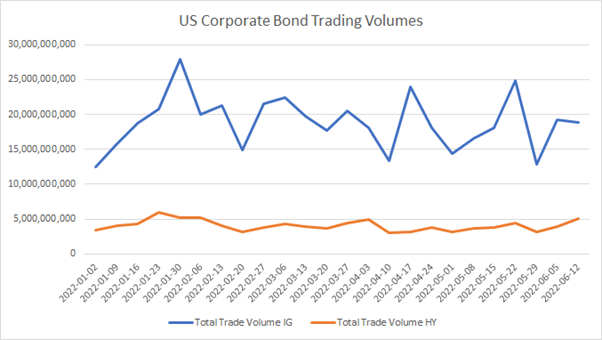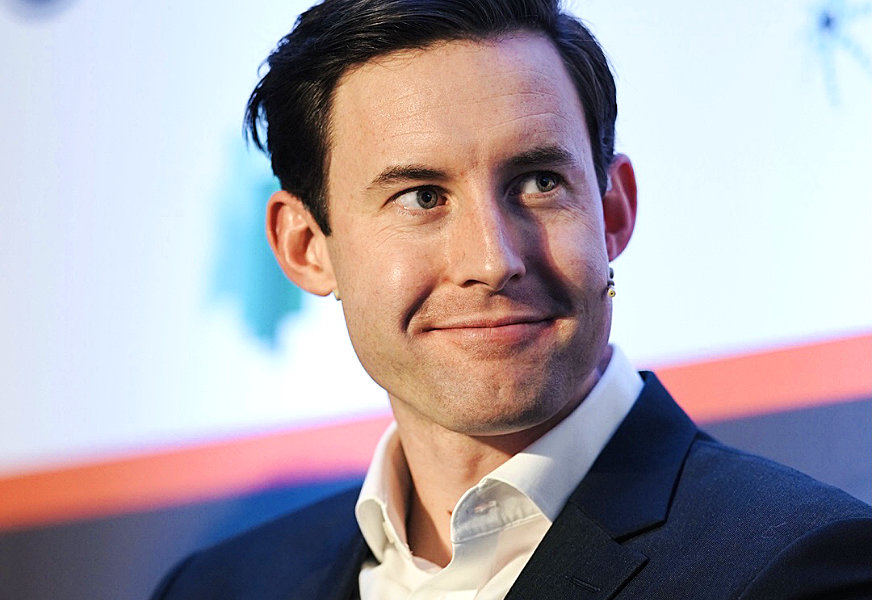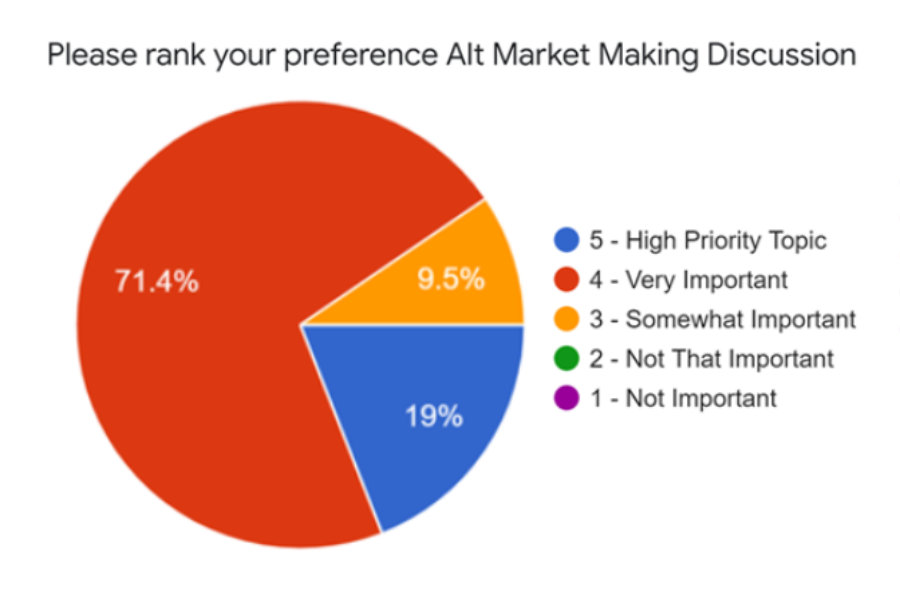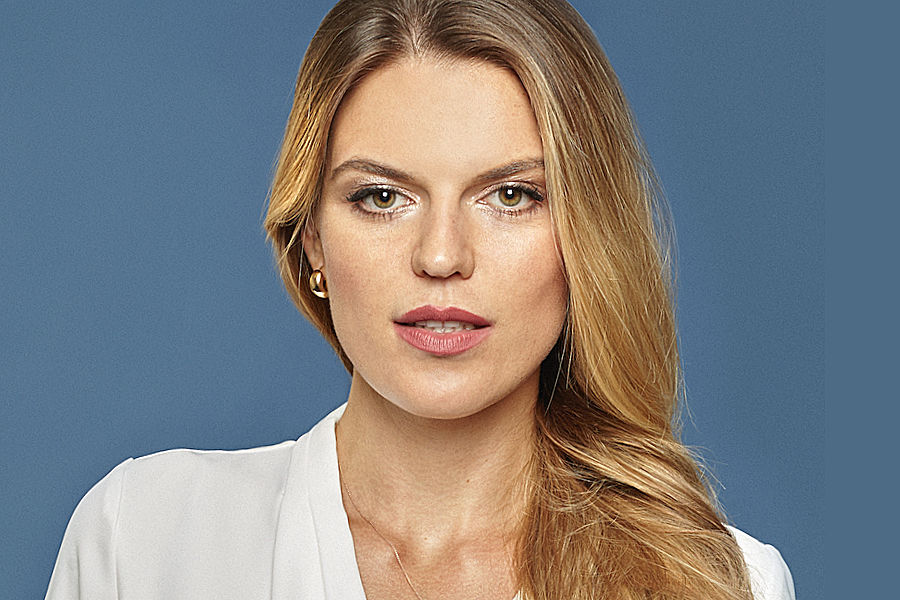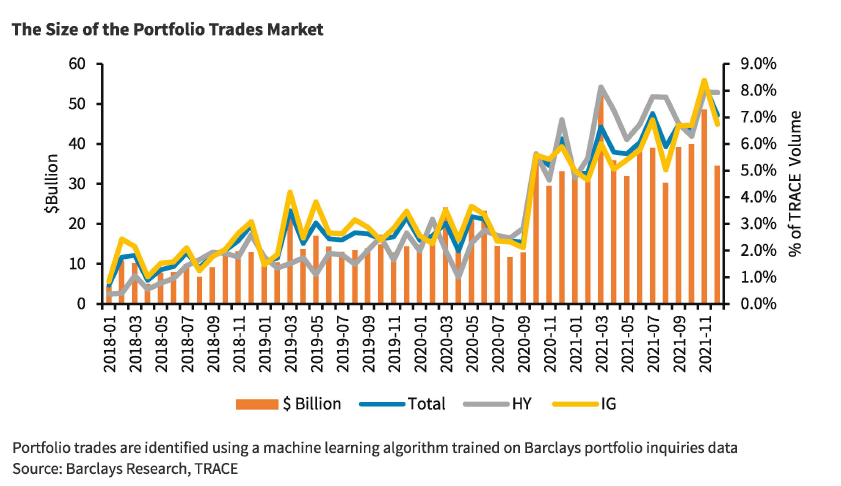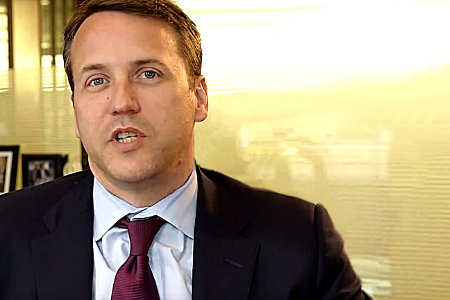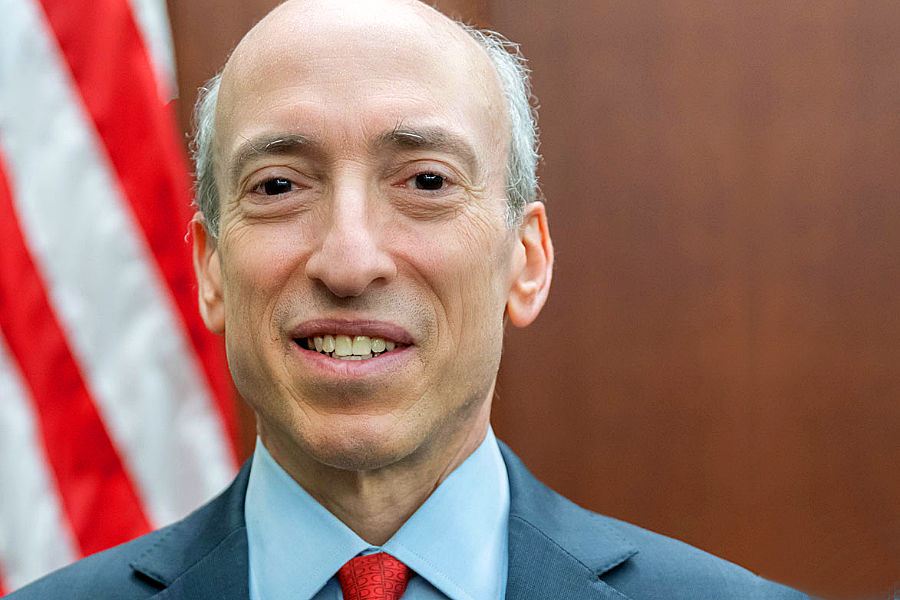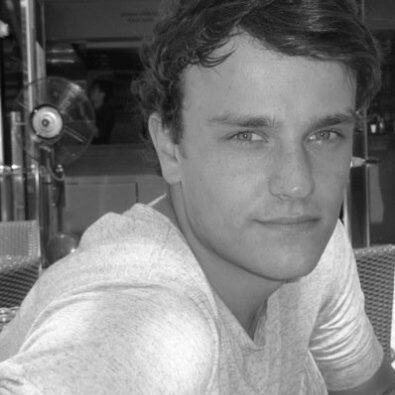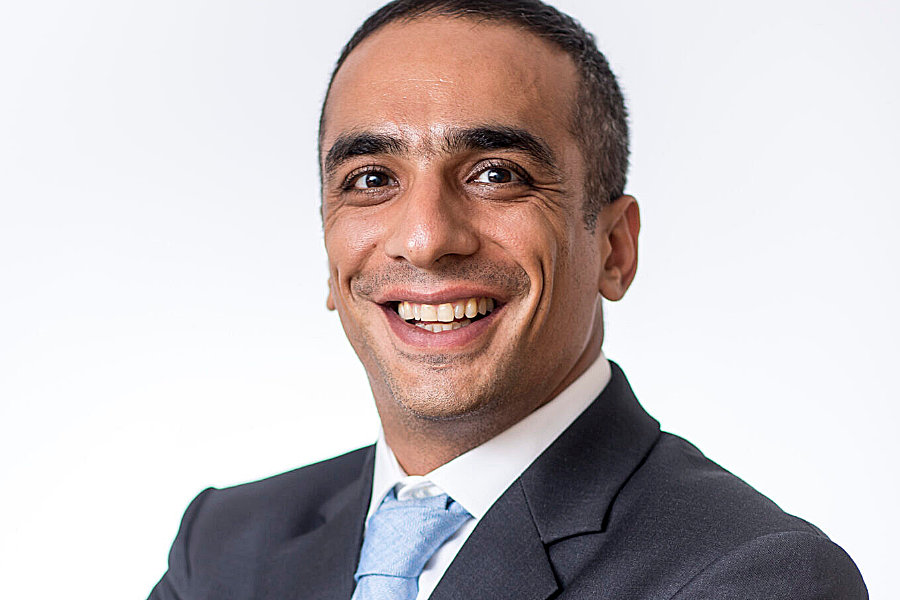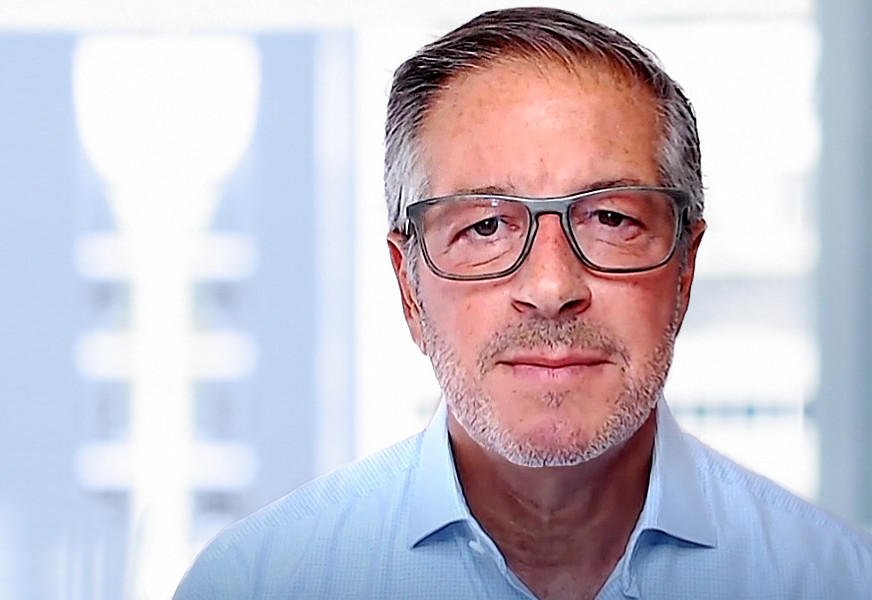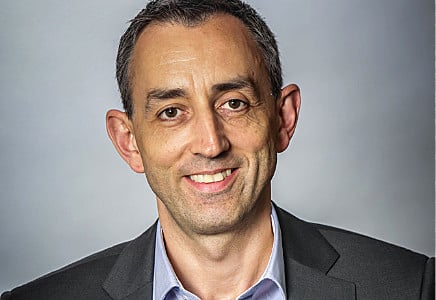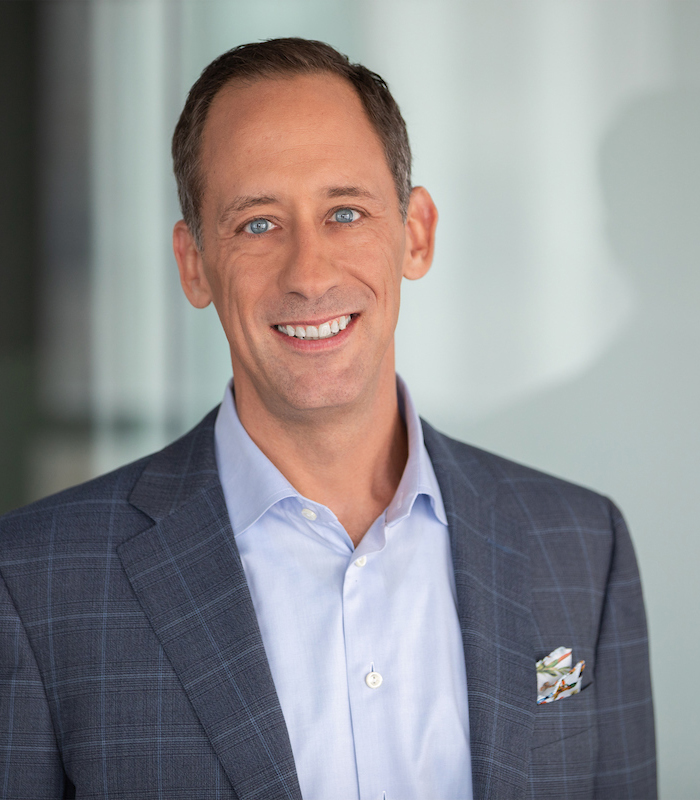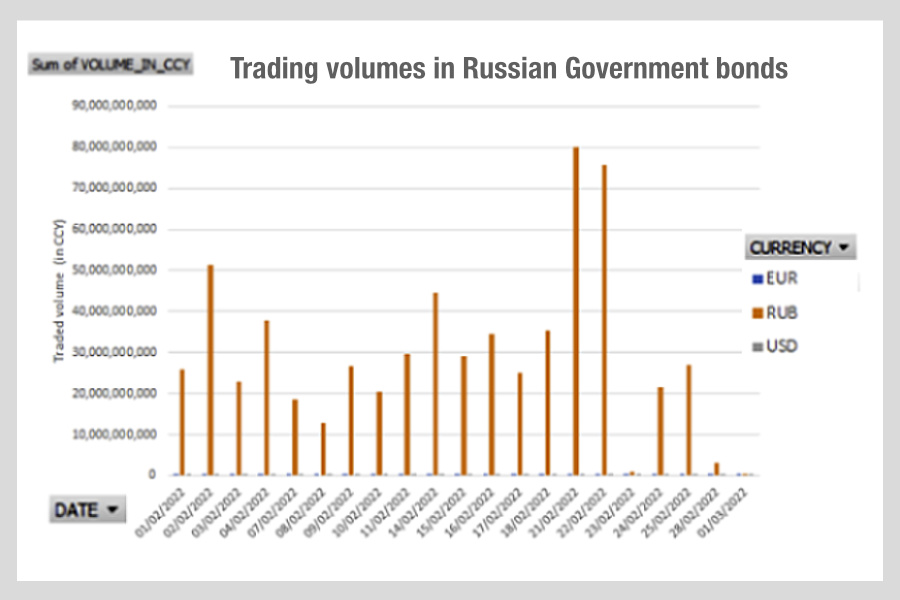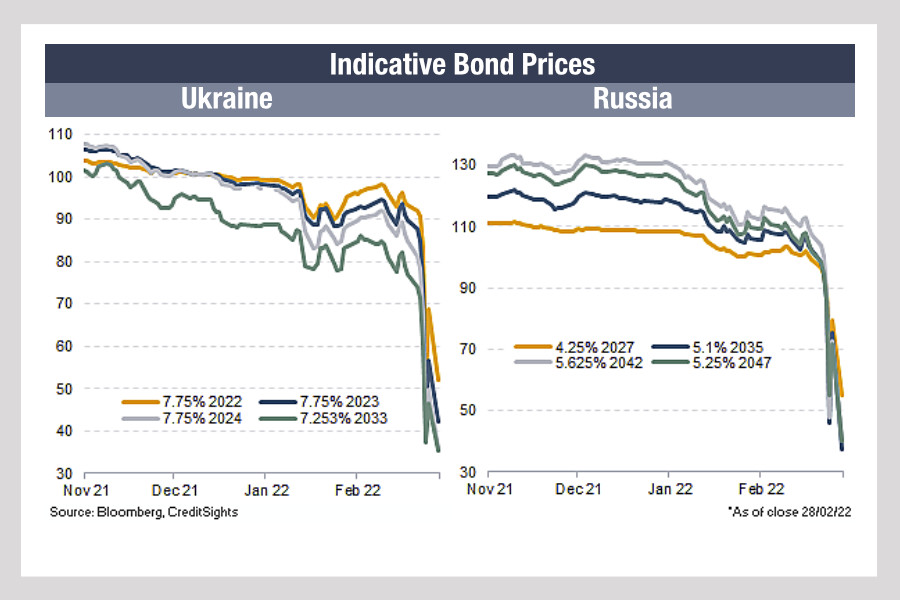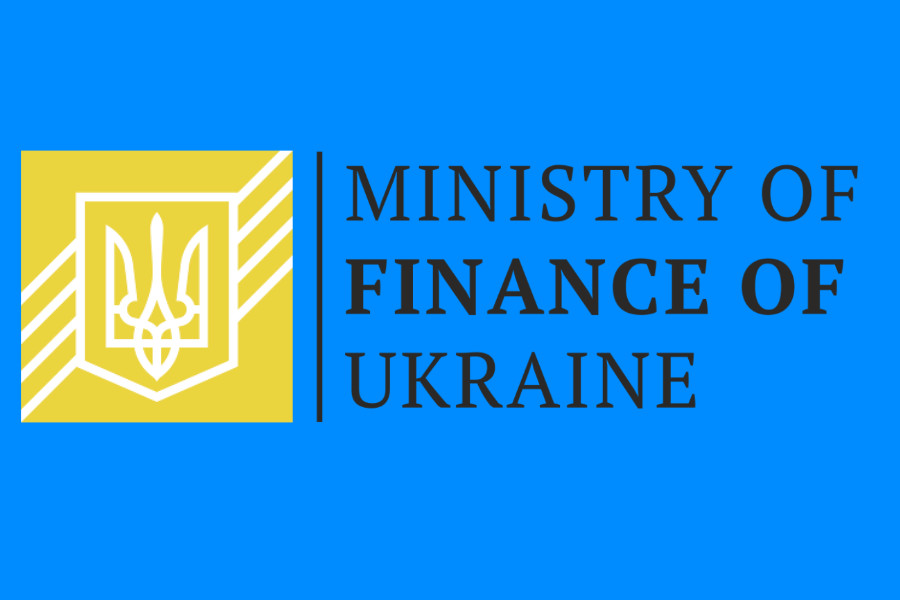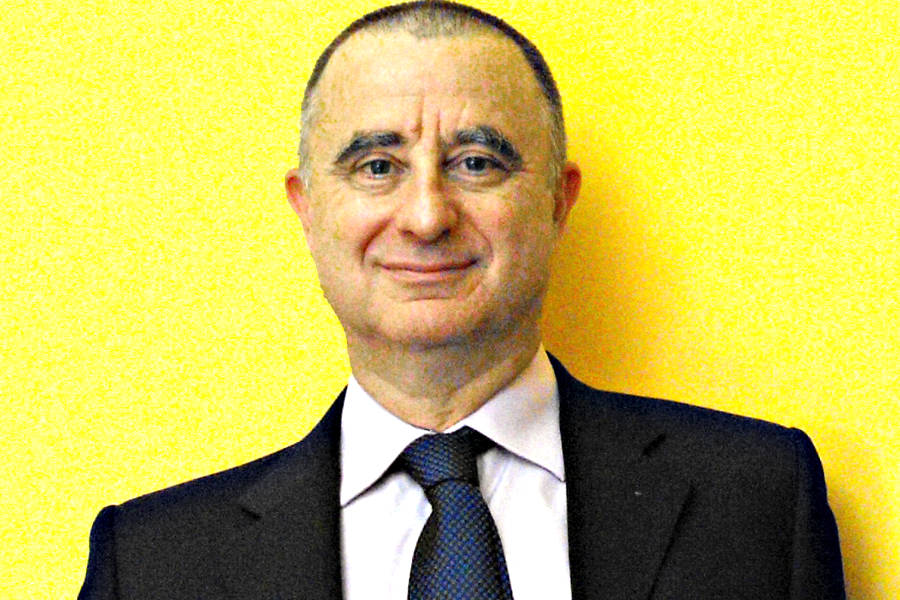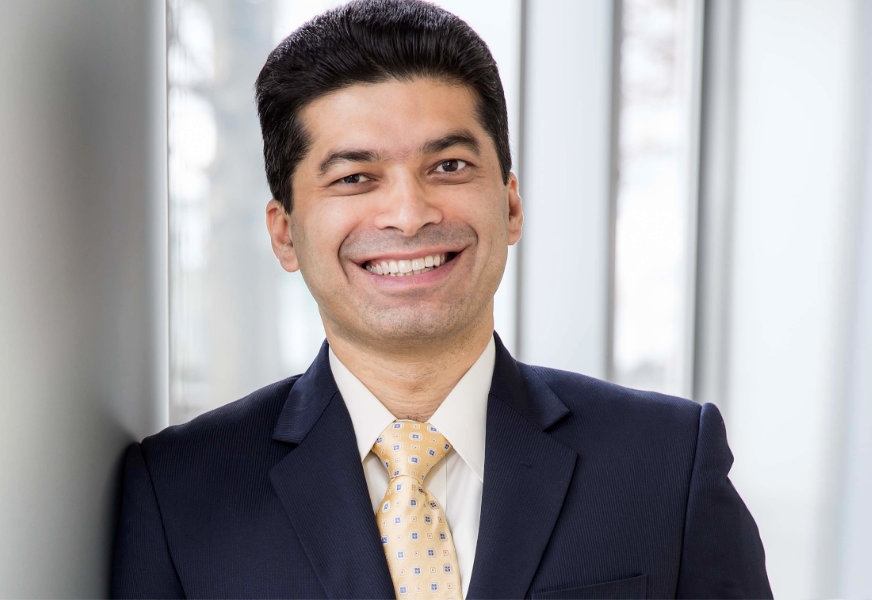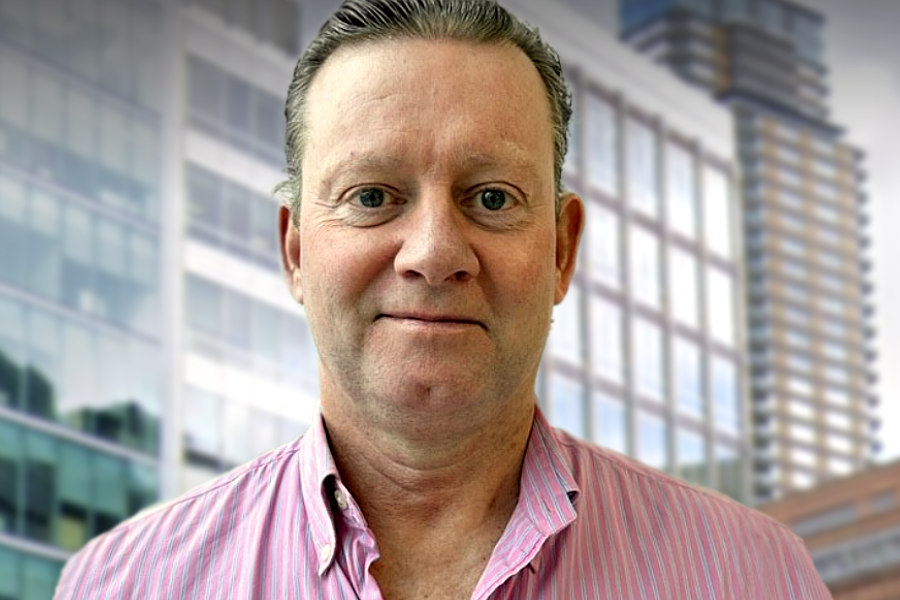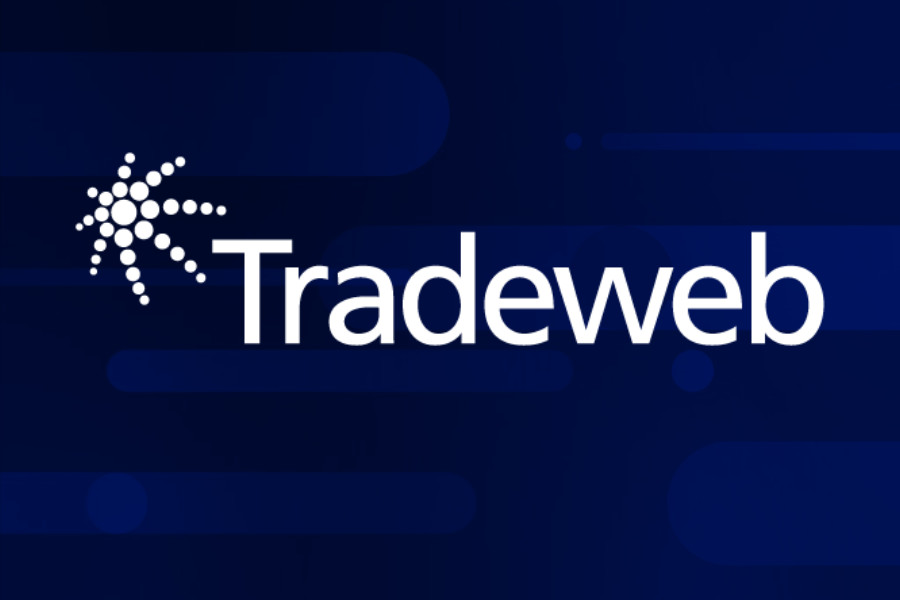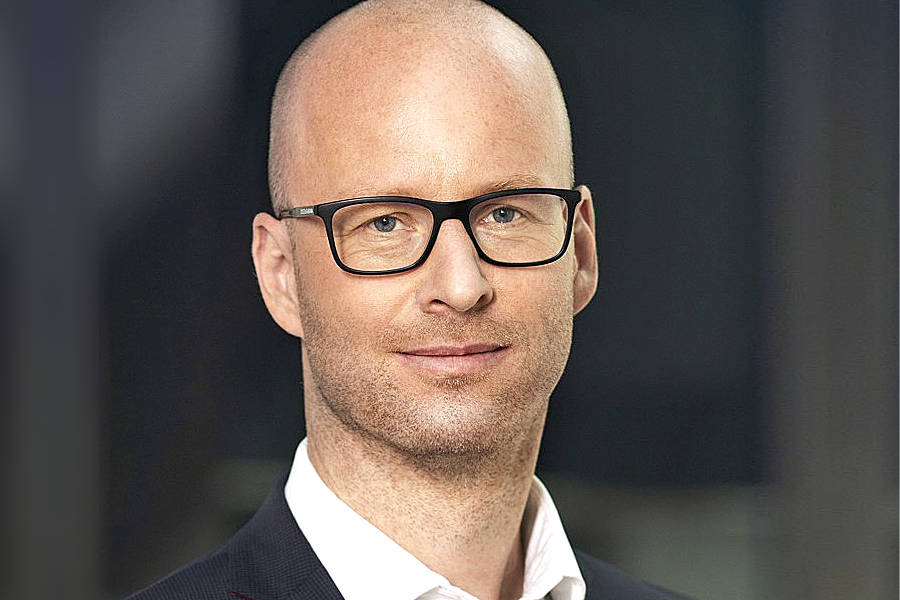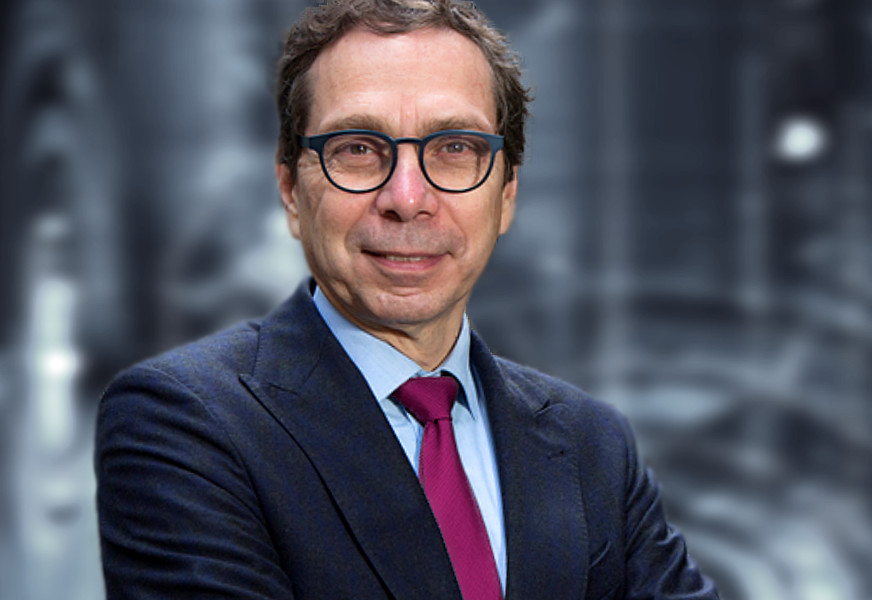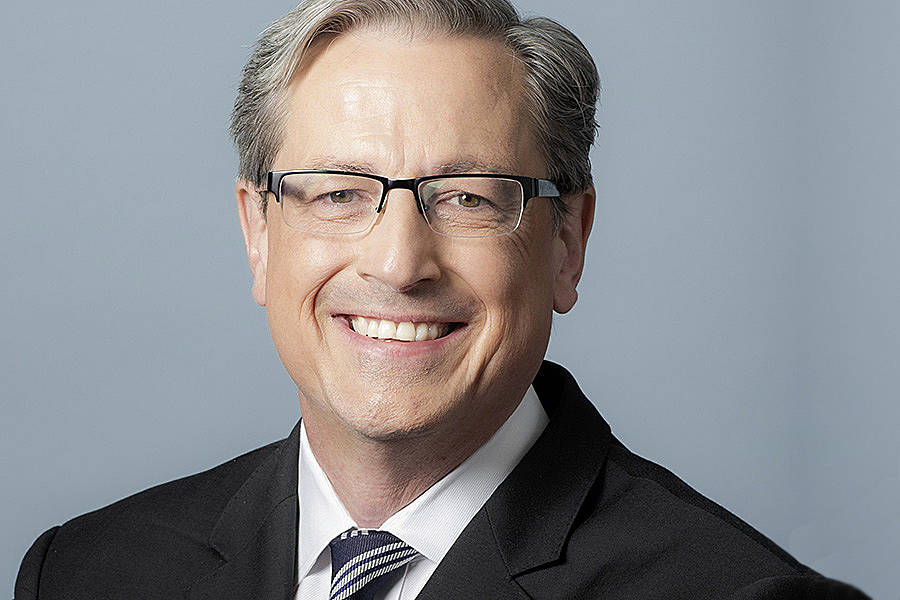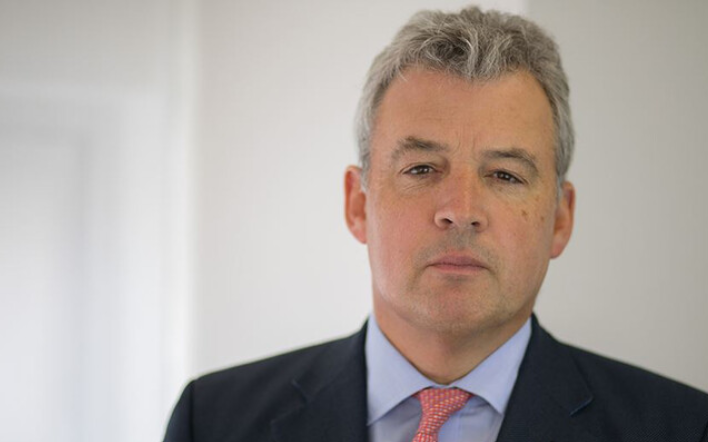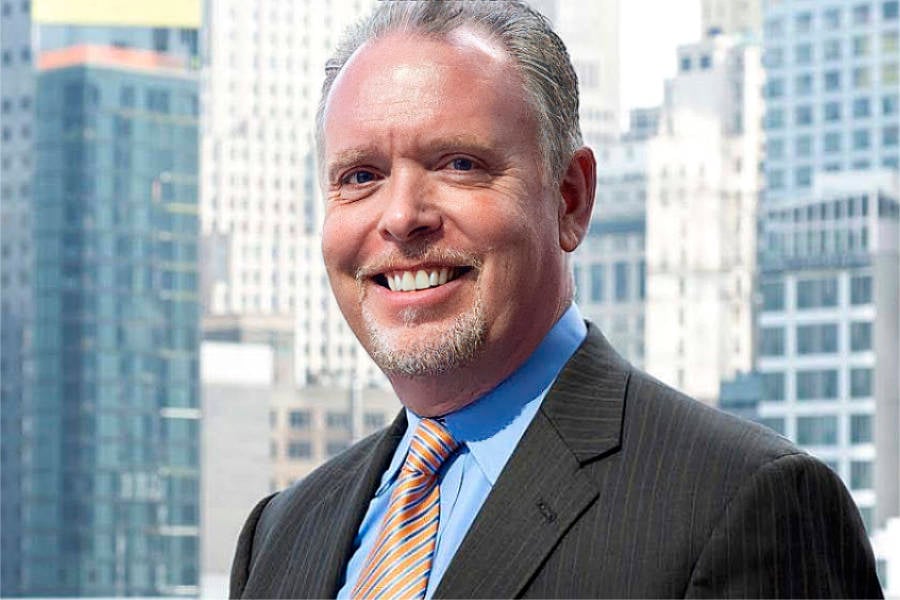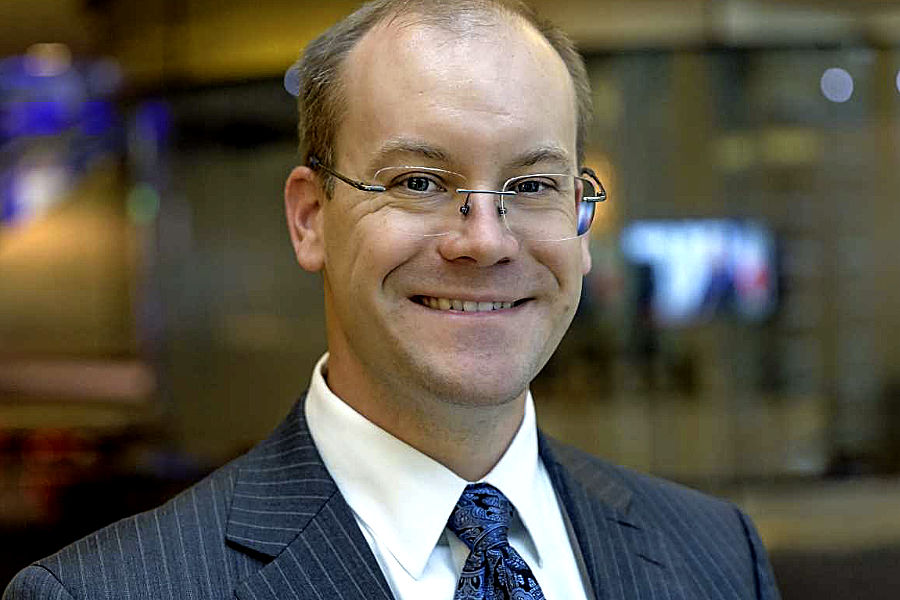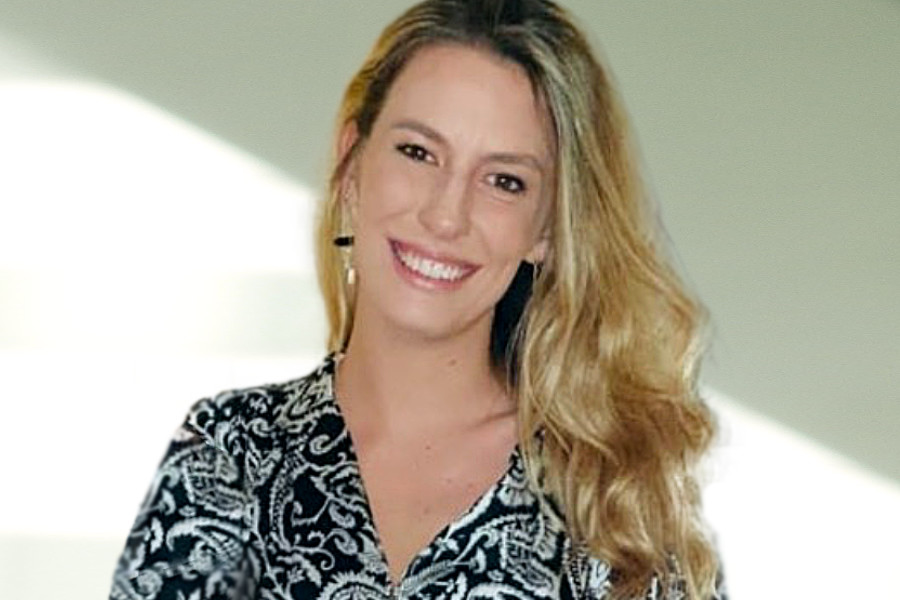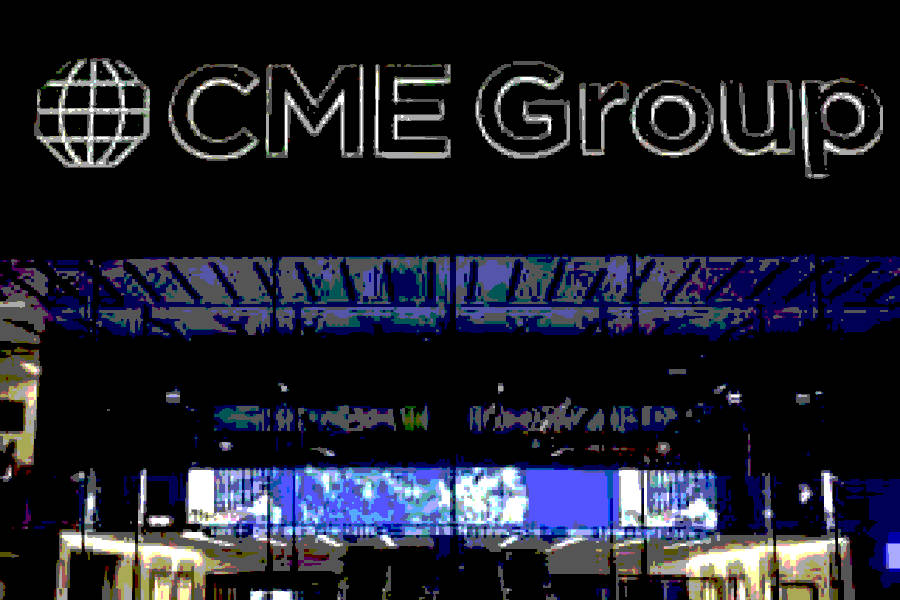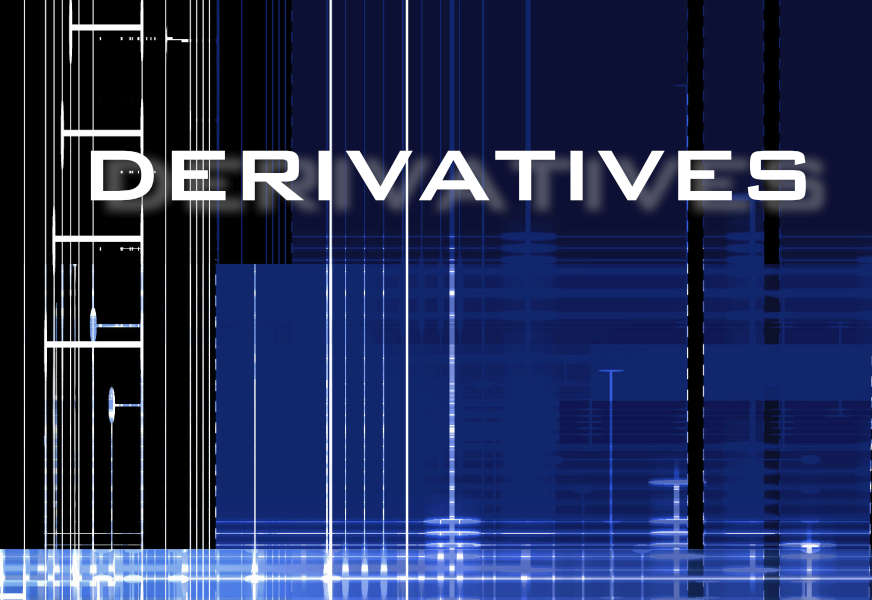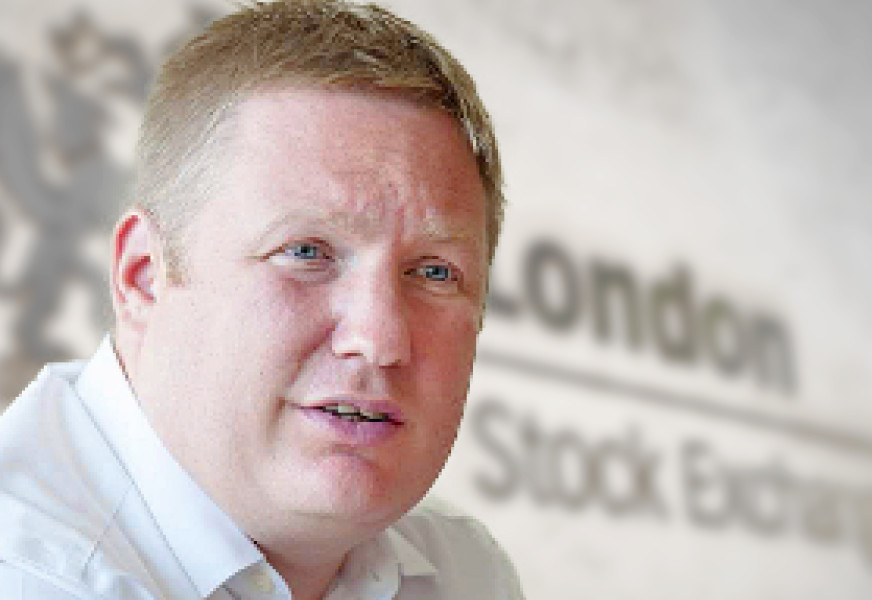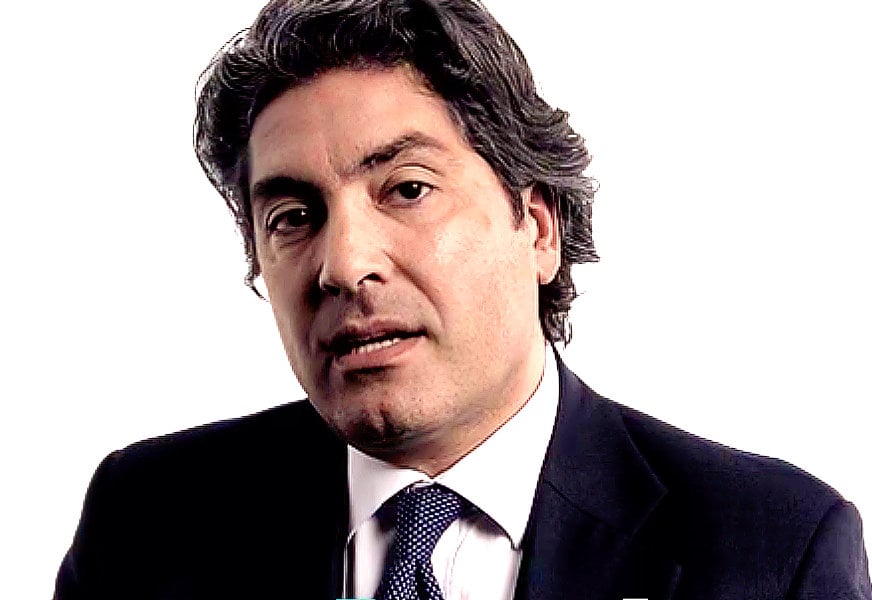 Daniel Pinto, JP Morgan.
Daniel Pinto, JP Morgan.
JP Morgan’s fixed income revenues in the fourth quarter of this year are expected to be 10% lower than the record final quarter of 2020 as activity normalises.
Daniel Pinto, co-president and chief operating officer of JP Morgan Chase and CEO of the Corporate & Investment Bank, was interviewed at the Goldman Sachs US Financial Services Conference on 8 December. He will take over as sole president and chief operating officer of the firm at the end of 2021.
In capital markets, Pinto said the wallet in fixed income was US$147 billion last year and is likely to be around US$125 billion so activity is normalising. In equities the wallet has typically been between US$55 billion and US$65 billion but has picked up this year to around US$77 billion.
“Clearly 2021 was a better outcome than I was planning for,” he said. “We’re going to see some more normalisation next year across fixed income and equities, and in the more macro businesses that has already happened.”
Pinto continued that the pipeline looks quite strong next year in M&A but execution will depend on volatility and whether there are disruptive increases in interest rates.
The fourth quarter of 2020 was a record last quarter in fixed income for the bank and Pinto expects revenues in this year’s final quarter to be 10% lower, with equities fees relatively flat.
Strategy
Pinto said JP Morgan’s strategic objectives remain consistent around expanding the bank’s geographic footprint, deepening customer relationships and building scale.
He said, “As we continue delivering our strategy, we see plenty of opportunities in many places.”
For example, the markets business has increased share in the last five years by more than 200 basis points to between 12% and 13% according to Pinto. He believes the firm needs to continue investing in that business, because it is very likely to consolidate amongst the top players.
“We are focusing on investing in the middle market, particularly in the United States, where I think there is a great opportunity,” he added.
The whole investment banking business has about 10% market share which Pinto expects to increase. Other opportunities are payments, across both retail and wholesale, and securities services, particularly in helping asset managers to ingest data in a standardised way.
Before the pandemic JP Morgan said it expected to reach a return on total capital (ROTC) of 17% and an overhead ratio of less than 55%.
Pinto said, “Next year we are not going to get to that 17% level, because we are investing and capital markets will continue to normalise. We feel that it's not a walk in the park but is achievable in the medium term.”
Pinto said the firm’s US and international business are roughly the same size.
“We will continue to invest internationally which is a very important source of earnings and revenues for the company,” he added.
In the UK the bank has acquired Nutmeg, the digital investment platform, in order to diversify retail outside the US and it is in the process of expanding in Brazil.
Macroeconomic environment
Pinto said his view of both the US and global economy is “definitely” positive as all the stimulus being injected is fulfilling its purpose.
However, two risks could derail growth - geopolitical issues, such as the collision between the US and China, and most importantly, inflation.
“I have a relatively positive view in the sense that the level of inflation at the moment is quite elevated,” he added.
He explained that inflation is high as people are gradually coming back into the workforce.
“The participation rate in the labour force is correcting but is very unlikely to get to pre-pandemic levels,” he said. “The labour shortage will probably take the unemployment rate towards 3.5% at the end of next year.”
There are also supply chain disruptions but he expects this to start improving due to indicators such as shorter delivery times and lower container prices. He also expects the Federal Reserve to take the appropriate action on inflation signals.
Pinto said: “I do see inflation moderating in the second half of next year to a level of between 2.5% and 2.25%.”
As a result, he thinks interest rates will continue to rise and the market will have to price in larger rises than it is currently doing.
“I think that we are going to be in a benign environment for business for the next couple of years,” he added. “In addition, consumer confidence is very high, as we can see from our own credit card numbers.”
Credit card spending is around 17% higher than before the pandemic across all items except airlines as consumers have accumulated savings.
©Markets Media Europe, 2021
TOP OF PAGE
